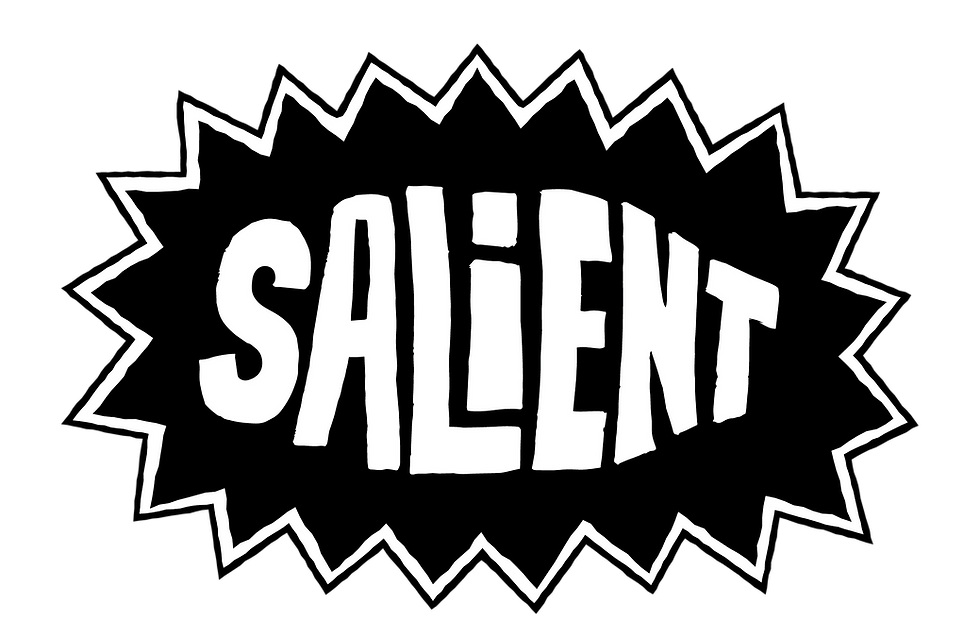On the Police
- Salient Magazine

- Aug 11, 2025
- 3 min read
By VUW International Socialists / ISO
As promised, the Government is putting more cops on the streets. Green MP Tamatha Paul caught flack in March for arguing that this would make many people feel less safe. Paul’s opponents have countered with polls suggesting that large numbers of people feel safer with beat cops around.
This debate is telling us something we already know: cops make some people feel more safe and others feel less safe. This is not an uncomfortable aspect of the conversation; it is the whole point. Beyond helping politicians score cheap political points, policing serves to protect the interests of the rich and middle classes, at the expense of poor workers and the oppressed.
For those who feel menaced by cops, the threat isn’t imaginary. Take one example: the Human Rights Commission has recently raised concerns about the deliberate use of pain to subdue arrestees. Māori made up 48 percent of people on the receiving end of these “pain compliance techniques”. In August last year the Understanding Police Delivery report—like many reports before it—found bias and structural racism in policing. Among the findings: being Māori increased the likelihood of prosecution by 11 percent, and Māori men were more likely to be stopped, and to be tasered.
Other oppressed groups also have a fraught relationship with the police. In a recent survey by Backbone Collective, women and trans people who were victims of intimate violence, family violence, or sexual violence reported that police involvement made them feel less safe. Among the negative impacts was the overt homophobia and transphobia that multiple LGBTQ people reported experiencing from police.
Reporting on beat policing reflects class bias, focusing on business owners’ concerns about retail crime and “antisocial behaviour” impacting business. These complaints then become synonymous with public safety as a whole. One source of anxiety is visible symptoms of social decay: poverty, homelessness, addiction, untreated mental illness. Policing does nothing to address these issues at the root; it only keeps the people experiencing them in line, or disappears them into prisons. It is no accident that today, the government is increasing police presence at the same time that they cut social spending, including health, and axe initiatives aimed at addressing inequality.
This has impacts beyond the people immediately targeted. Policing the “bottom” of society sends a wider message: watch out, or you’ll end up like them. In this regard, it is less about safety and more about social control—and protecting property. If cops make you feel safe, you should ask yourself “at whose expense?” You should also ask yourself, “for how long?” Almost every significant social movement in our history has faced police repression. At any protest or strike today, a lineup of cops will be present. This is because their role is not only to protect property, but also to protect the entire colonial, capitalist system.
Just take a look at this history and origins of policing in New Zealand. From 1846, a colony-wide Armed Police Force, modelled on the paramilitary policing used in Ireland, was implemented to put down Māori resistance. In 1867, the Armed Constabulary was established to occupy and police regions where land had been stolen in the Land Wars. These bodies evolved into the modern police force in 1877. The police continue to play a role in reinforcing the theft of Māori land, most recently arresting peaceful land protectors at Rotokākahi.
If we want a safer city, we should be fighting for fewer cops and more social spending. And if we want to change the world, we need to recognise that the cops will never be on our side.




Comments